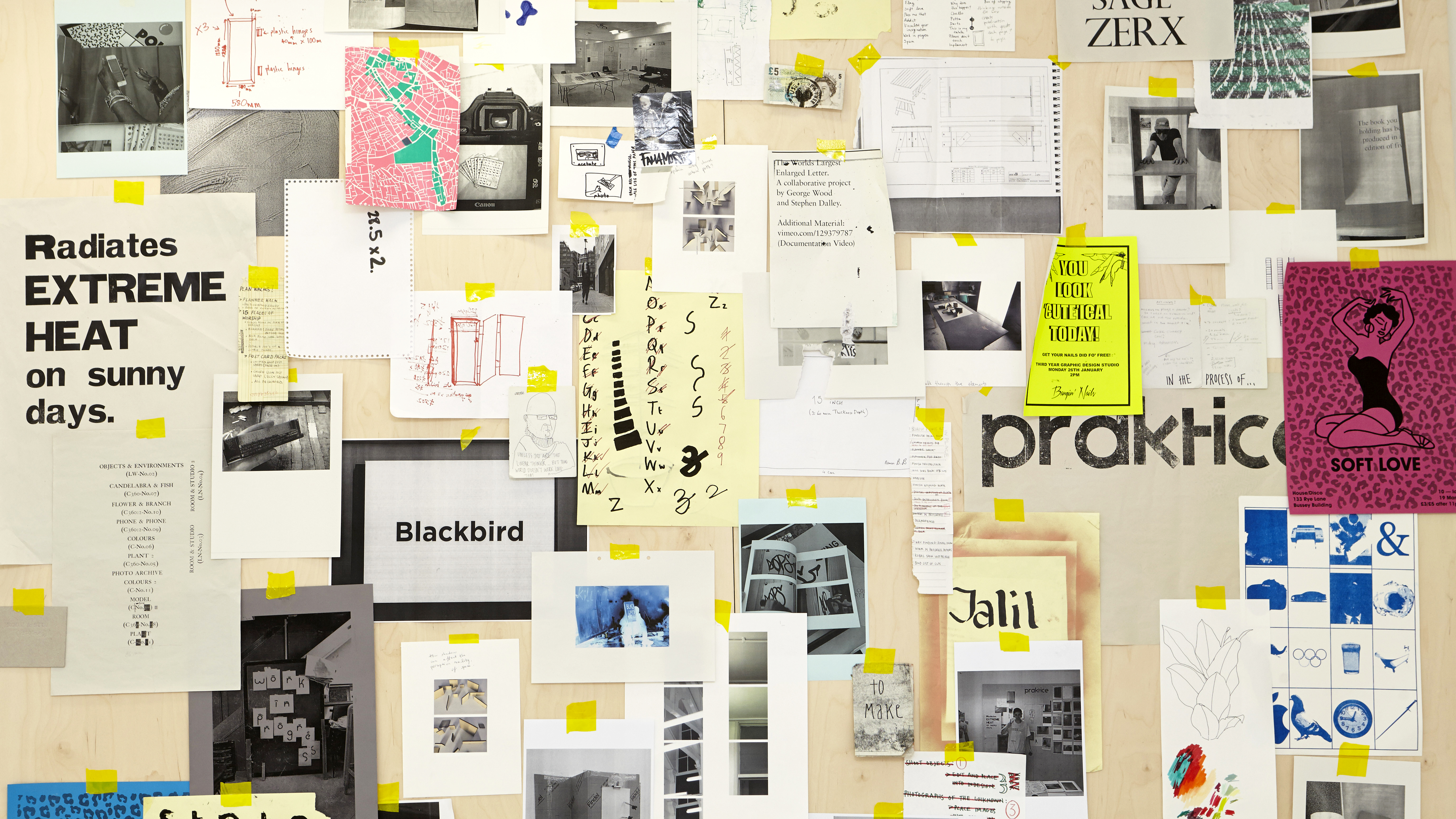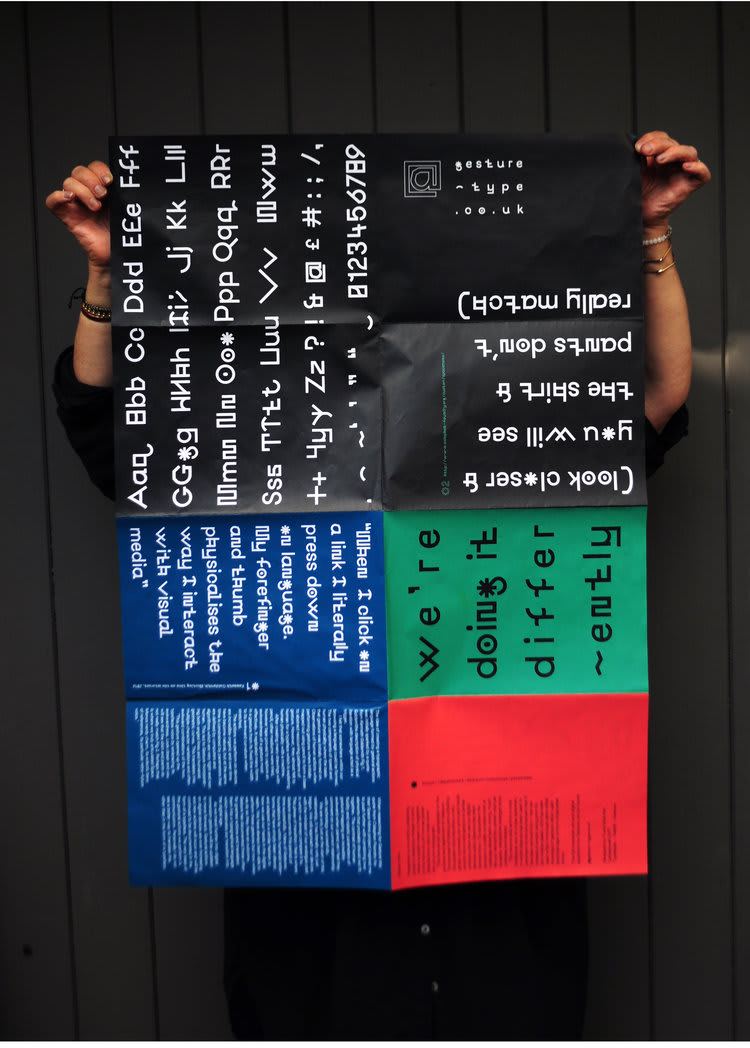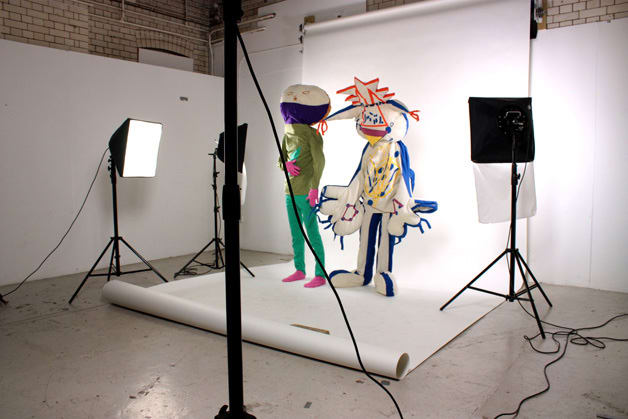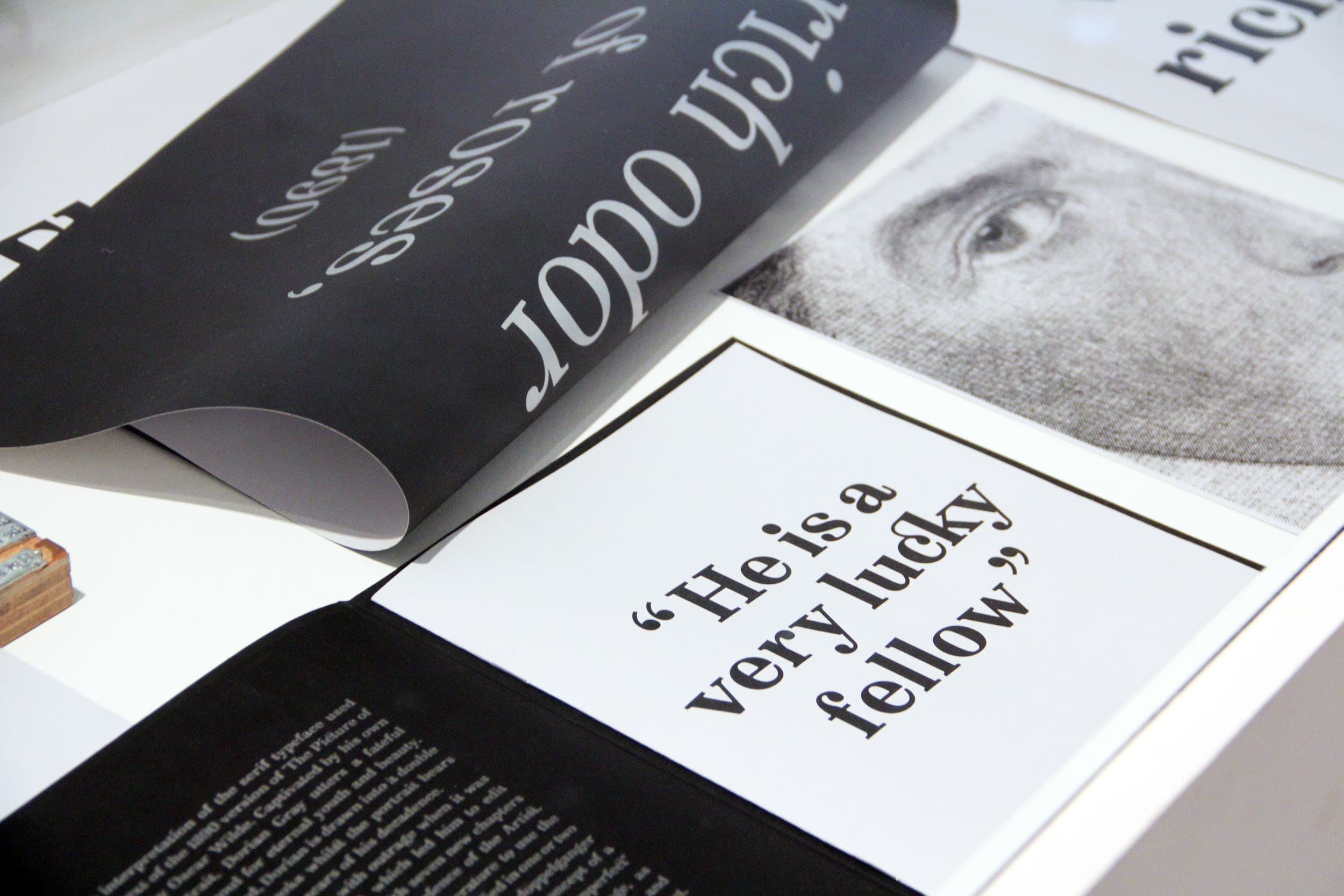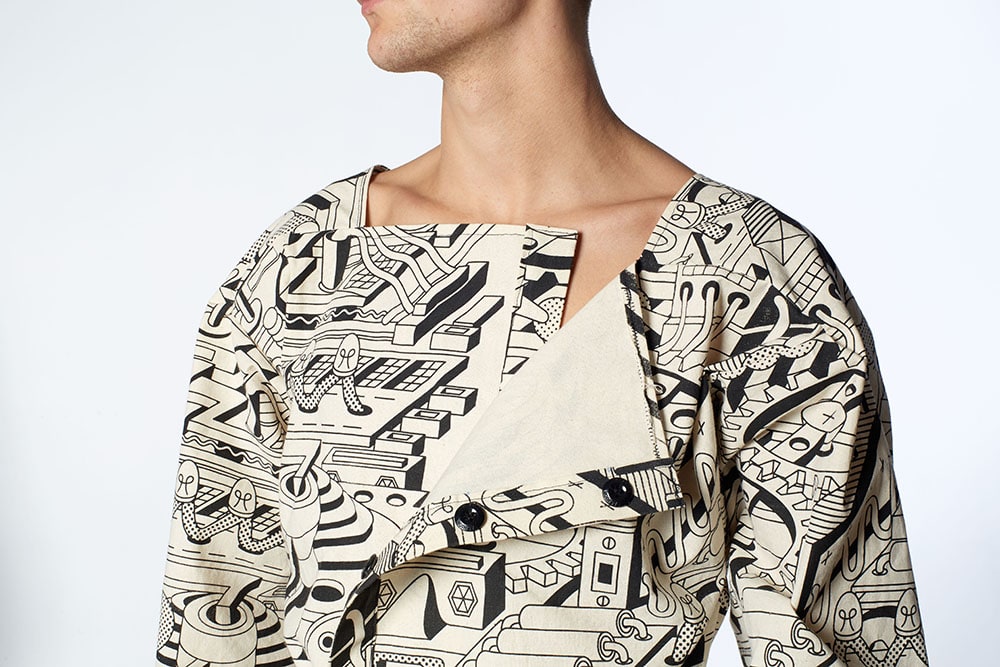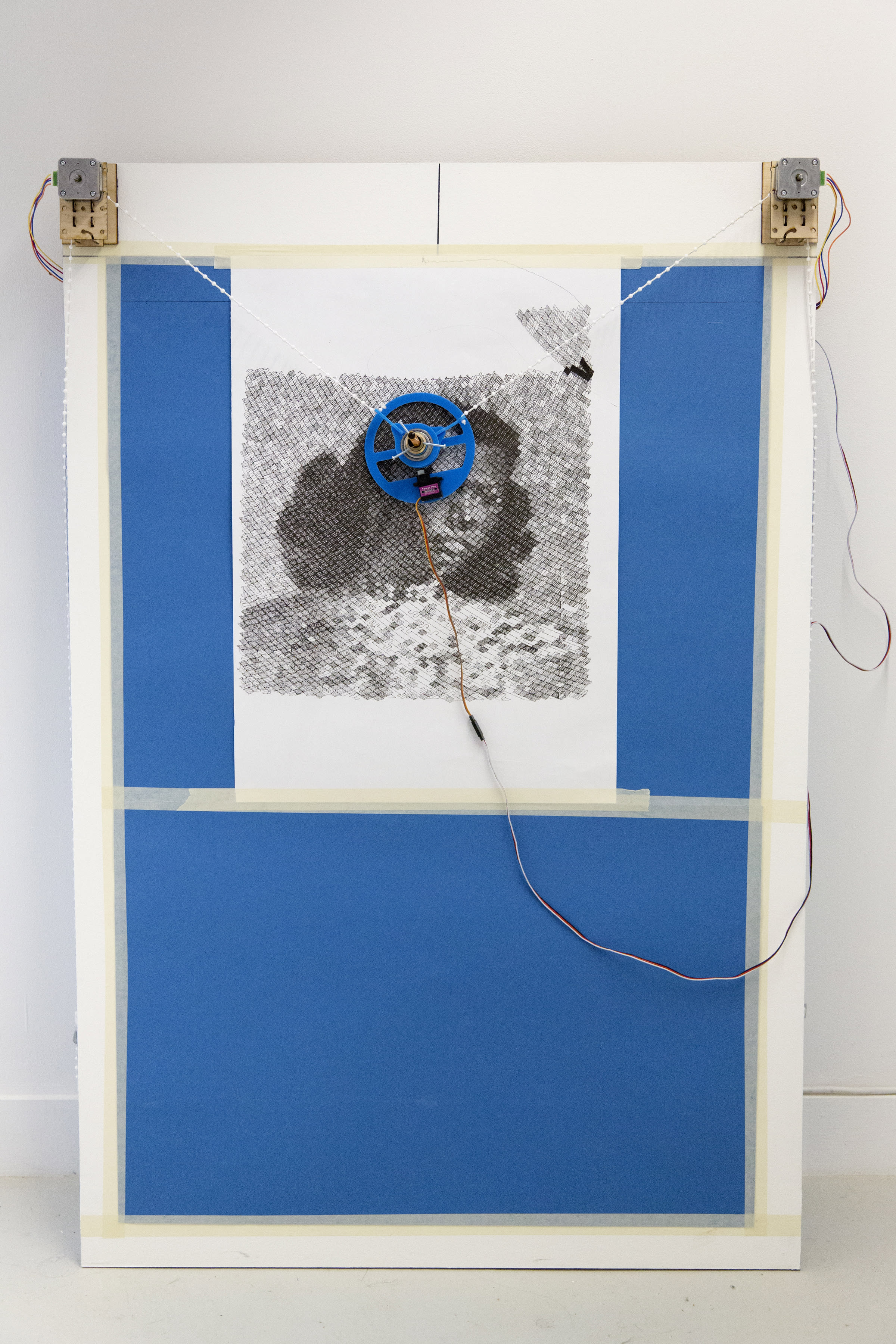Course units
Year 1
Unit 1 - Introduction to Graphic Design
Unit 1 is an introduction to your course, your College, the University and London. Students come from many diverse educational backgrounds and a part of this unit will enable to reflect on your own background and how that shapes the way you approach your course.
Unit 2 - Provocations
Unit 2 will introduce you to core skills and essential knowledge associated with the discipline of graphic design. Through workshops and software inductions, you will explore the analogue and digital construction of graphic design, informed by historical and contemporary research.
Unit 3 - The language of images
Unit 3 will introduce you to a range of conceptual and practical approaches to image-making in relation to the discipline of graphic design. Technical workshops and software inductions will support you to experiment with both analogue and digital methods of production.
Unit 4 - Publish
Unit 4 encourages you to expand your knowledge of the specialist methods and media associated with graphic design practice. Working both collaboratively and independently, you will experiment with a range of key processes and techniques that will inform the production of final outcomes.
Year 2
Unit 5 - Design systems 1
Unit 5 will introduce you to graphic design systems and the systems of graphic design. Through a series of exercises, you will explore several methods of design thinking, making and writing. Alongside visual outcomes, you will undertake a series of writing tasks which will explore different approaches to writing and its creative possibilities.
Unit 6 - Collaborative and collective practices
You will be introduced to different ways in which collaborative working can help you to focus and enhance your own creative strengths. You’ll have the chance to work with fellow students and creative communities.
Unit 7 - Design systems 2
This unit continues the systematic approach to making work established in Unit 5 and will ask you to respond more directly to an area of independent research defined by you.
Unit 8 - Agency and representation
This unit challenges you to explore who you are as a graphic designer working within a world in crisis. You will critically analyse the role of the practitioner and your own position as an innovative and adaptable designer working on projects that centre on social, racial and climate justice.
Year 3
Unit 9 - Communities of enquiry
In unit 9 you will develop a practice-based research project within a community of enquiry which supports you to locate your practice within the discipline.
This forms the culmination of the course’s philosophy for developing graduates who have a strong sense of their own personal practice.
Unit 10 - Staging
Based on your research from unit 9 you will develop a body of work to visually communicate your findings and opinions to an audience. You will edit and photograph your portfolio of work before designing a public platform for presenting it to the world.
Optional Diploma between Years 2 and 3
Between Years 2 and 3 of the course, you’ll also have the opportunity to undertake one of the following additional UAL qualifications:
Diploma in Professional Studies (DPS)
This optional diploma can be taken between years 2 and 3. With support from your tutors, you’ll undertake an industry placement for a minimum of 100 days/20 weeks. As well as developing industry skills, you’ll gain an additional qualification upon successful completion.
Diploma in Creative Computing
Between years 2 and 3, you can undertake the year-long Diploma in Creative Computing. This will develop your skills in creative computing alongside your degree. After successfully completing the diploma and your undergraduate course, you’ll graduate with an enhanced degree: BA (Hons) Graphic Design (with Creative Computing).
